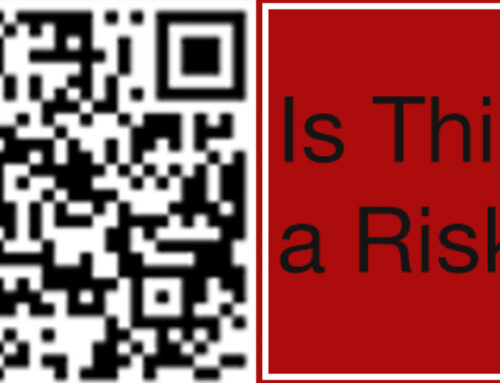
In the age of digital blueprints and cloud-based collaboration, cybersecurity has become a pivotal concern for architectural firms. The design data, proprietary methodologies, and client information architects handle are coveted targets for cybercriminals. This article emphasizes the importance of cybersecurity for architectural firms and how engaging outsourced IT services can fortify their digital defenses.
Understanding the Cybersecurity Risk Landscape:
Architectural firms are attractive targets for cyberattacks because of the sensitive and valuable data they manage. A successful cyberattack can result in severe consequences, including data breaches, financial losses, intellectual property theft, operational disruptions, and damage to the firm’s reputation. Furthermore, the recent trend towards remote working has further exposed firms to cyber risks, underscoring the critical need for effective cybersecurity measures.
The Role of Outsourced IT Services:
Given the complexity and evolving nature of cyber threats, maintaining robust cybersecurity measures is a daunting task for many architectural firms, particularly those with limited IT resources. This is where outsourced IT services can play an indispensable role.
-
Tailored Security Strategies:
Outsourced IT providers specialize in understanding your firm’s unique risk profile and designing a tailored cybersecurity strategy. They consider factors such as the type of data you handle, the software you use, and your firm’s size and structure to build a security framework that fits your specific needs.
-
Advanced Security Tools:
IT service providers have access to sophisticated security tools and technologies that may be beyond the reach of individual firms. These can include advanced firewalls, intrusion detection systems, encryption technologies, and secure remote access tools. By outsourcing IT services, architectural firms can leverage these advanced solutions without incurring excessive costs.
-
Constant Monitoring and Rapid Response:
Cyber threats do not adhere to business hours. Outsourced IT services offer round-the-clock network monitoring, ensuring that threats are identified and neutralized before they can inflict significant damage. The ability to respond promptly to a cyberattack can mean the difference between a minor security incident and a major data breach.
-
Regulatory Compliance:
Depending on the region and type of projects they work on, architectural firms may need to comply with specific data security regulations. IT service providers are well-versed in these requirements and can ensure that your firm’s cybersecurity measures are compliant, thus avoiding potential legal issues and penalties.
-
Employee Training:
Since many cyberattacks exploit human error, effective cybersecurity involves not only technology but also people. Outsourced IT services often provide cybersecurity training for your staff, teaching them to recognize and respond appropriately to threats such as phishing emails or suspicious web links.
-
Disaster Recovery:
Despite the best precautions, cyber incidents can still occur. A reputable IT service provider will have a robust disaster recovery plan in place, ensuring that your firm can quickly resume operations and minimize downtime after a cyberattack.
In conclusion, in an increasingly digitalized and interconnected world, cybersecurity is not a luxury but a necessity for architectural firms. Outsourced IT services offer a practical and effective solution, providing specialized expertise, advanced security tools, and continuous protection. By investing in robust cybersecurity measures, architectural firms can ensure that their digital infrastructure is as strong and resilient as the structures they design.



